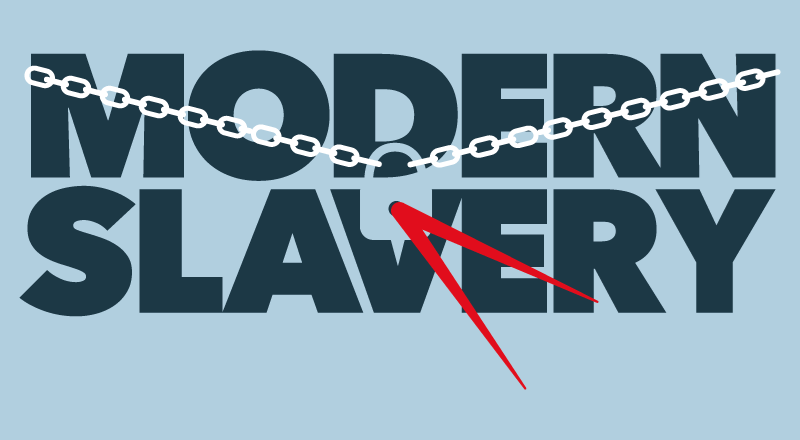Since the dawn of Russia’s war with Ukraine, scrutiny has intensified on illicit financial activity conducted in and around the City of London.
Rooted primarily in money laundering, the cycle of criminality has earned the UK’s financial hub two damning sobriquets: ‘The Laundromat’ and ‘Londongrad’ – monikers steeped in such blithe resignation, they convey that London’s susceptibility to malign influences is essentially taken for granted.
Faith in a medium- or long-term solution is conspicuous by its absence. In a 1 March opinion piece, the Financial Times concluded that even factoring in recent policy initiatives to crack down on abuses of the financial system, Londongrad would continue to stand as long as enforcement remains weak.
Perception game
The primary challenge that the UK has faced on this front is a passive foreign policy climate that has welcomed investment from countries with lax approaches to financial crime. As we have seen from the consequences of Russia’s invasion of Ukraine, that policy framework has tended to react against problematic funding sources from such territories only in response to major, international incidents.
In that context, the narrative of Roman Abramovich’s career serves as an illustrative case study. In 1995, Abramovich purchased Russian oil company Sibneft for $250m in what a BBC News piece of 14 March states was a rigged auction. Evidence gathered for the BBC piece shows that the company’s true value at the time was closer to $2.7bn.
According to The Wall Street Journal, Sibneft’s annual revenue for 2000 jumped 37% to $2.4bn, with profits coming in at almost $675m. Three years later, Abramovich purchased UK football club Chelsea for £140m. In 2005, he sold Sibneft back to the Russian government for more than $13bn.
In court proceedings of 2008, Abramovich admitted that he had bribed various oligarchs to secure controlling stakes in Russian oil and aluminium assets. The Sibneft deal achieved under those circumstances had helped Abramovich build a business empire with significant UK interests. His status as a high net worth individual burnished his public perception. However, following the outbreak of war in Ukraine, the UK government froze Chelsea’s assets and Abramovich was forced to relinquish ownership.
Another critical facet of this perception game is the prevalence of so-called ‘golden visas’, such as the UK’s Tier 1 (investor) scheme. Introduced in 2008 to grant fast-track residency to foreign entrepreneurs investing at least £2m in UK projects, Tier 1 visas were scrapped in February amid fraud concerns.
But the damage was already done. In July last year, a report from Spotlight on Corruption found that 6,312 golden visas – half of all those issued up to that point – were under review for potential national security risks. Among the many loopholes cited in the report was an “excessive reliance by the Home Office on wealth managers, who benefit financially from investments made, to do due diligence on applicants’ source of wealth”.
Other factors that have contributed to the malaise include:
- the relative ease of setting up UK corporate entities;
- a buoyant London property market and low relevant regulations that enable individuals to buy a house, insert it into a business structure, then conceal that structure’s beneficial owner; and
- a soft-touch approach to secrecy jurisdictions, such as Crown Dependencies.
Signs of mitigation
As the March Financial Times piece pointed out, the opening salvos of Russia’s war in Ukraine prompted the UK government to introduce a flurry of Londongrad clampdowns, such as:
- a new register to break the anonymity of foreign UK-property owners;
- an overhaul of the unexplained wealth orders system; and
- a top-to-toe shakeup of Companies House to align its procedures with anti-money laundering (AML) objectives.
However, those schemes were widely regarded as hasty, ‘stable door’ measures. Are any other positive signs of mitigation emerging from official quarters?
“The government is making a concerted effort to boost funding,” says ICAEW Head of Anti-money Laundering Michelle Giddings. “The Economic Crime Levy announced in last year’s Autumn Budget aims to draw £100m per year from the regulated sector, in addition to an annual £300m of Treasury funding, to support the UK Financial Intelligence Unit, fund Companies House reform and help build capacity.”
Giddings is also encouraged by the government’s steps to regularly review legislation. For example, a call for evidence on the UK’s AML and countering the financing of terrorism regime, which closed last October, is due for imminent publication. Economic Crime Plan 2.0 – set to roll out from the end of this year – will provide policymakers with an opportunity to highlight new vulnerabilities and refresh their strategic thinking.
Knowledge gap
On the point of emerging vulnerabilities, Giddings notes: “We’ve seen lots of recent coverage about so-called financial ‘concierges’, who provide foreign high net worth individuals with a variety of administrative wealth management services – some of which aren’t covered by current AML provisions.”
In parallel, she points out: “Crypto is a real black hole in people’s understanding. In theory, it should be fully transparent and traceable, because any relevant chain of transactional data is held on a secure, distributed ledger. But crypto is being aggressively exploited right now because of gaps in the regulatory framework – although the government is taking steps to close those gaps.”
Giddings also argues that more should be done to encourage knowledge sharing between various arms of the UK’s AML regime, to ensure they all have access to the same data.
So, what sort of role should accountants play in helping to fight this type of crime?
“Understand beneficial ownership and control, and how they can be obfuscated,” Giddings says. “Understand how complex business structures can be bounced throughout several jurisdictions. Make sure you can tell the difference between a source of funds and a source of wealth. And maintain professional scepticism when you’re reviewing fact patterns to see whether they stack up.”
Recent articles
Company reform and economic crime
The Economic Crime Act 2022 became law in March and part two of the bill is incoming. From risks to required changes, we explore key considerations for accountants on the issue.




